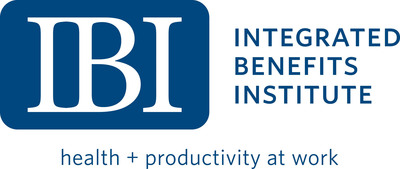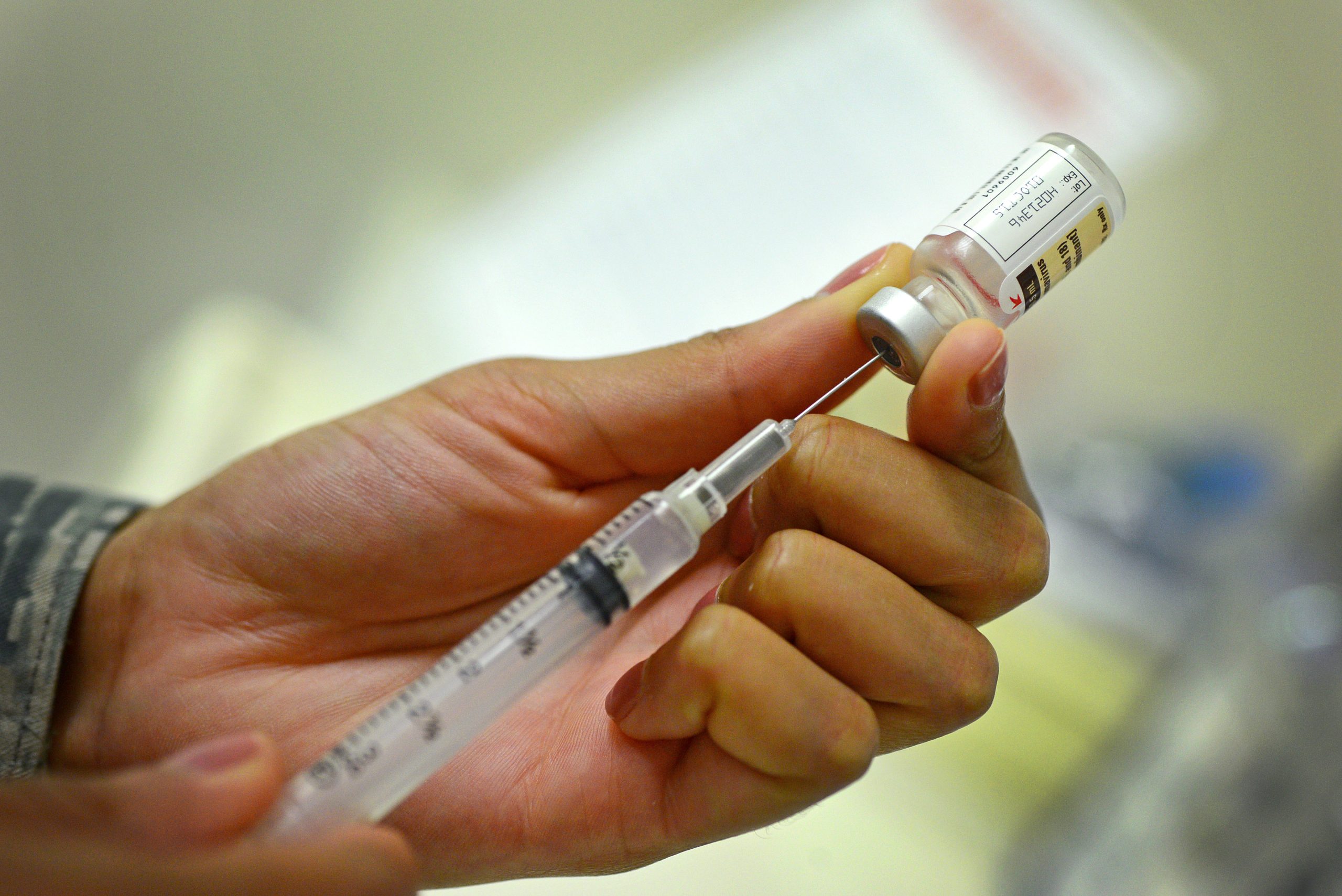The Hidden Health Toll of Daylight Saving Time: What Your Brain Doesn't Want You to Know

The Annual Time Shift: A Hidden Health Hazard
As millions of Americans adjust their clocks each spring, emerging scientific research reveals a startling truth: the seemingly harmless ritual of daylight saving time might be taking a significant toll on our health. Researchers are uncovering compelling evidence that the sudden time change can trigger a range of serious medical consequences.
When we "spring forward" and lose an hour of sleep, our bodies experience more than just temporary grogginess. Studies suggest this abrupt disruption to our natural circadian rhythms can lead to increased risks of heart attacks, workplace injuries, and even traffic accidents. The sudden shift throws off our internal biological clock, creating a ripple effect of potential health complications.
Medical experts are now calling for a closer examination of daylight saving time's impact on human well-being. The initial hour of lost sleep can cascade into days or even weeks of subtle but meaningful physiological stress, challenging our body's delicate balance and potentially compromising our overall health.
As scientific understanding grows, more professionals are questioning whether the traditional time change is worth the potential health risks. The conversation is shifting from convenience to a critical evaluation of how this annual ritual might be silently affecting our collective well-being.








